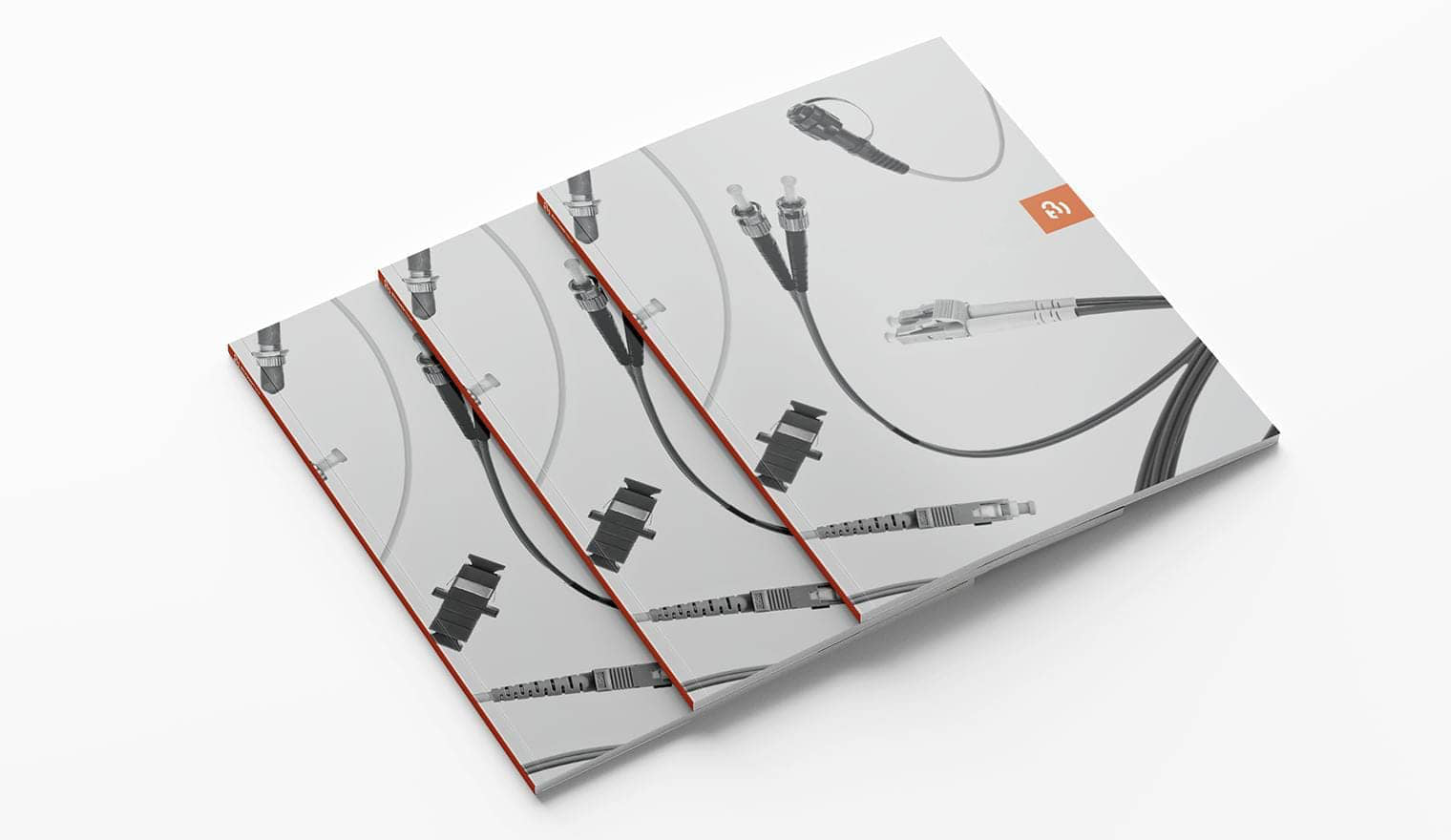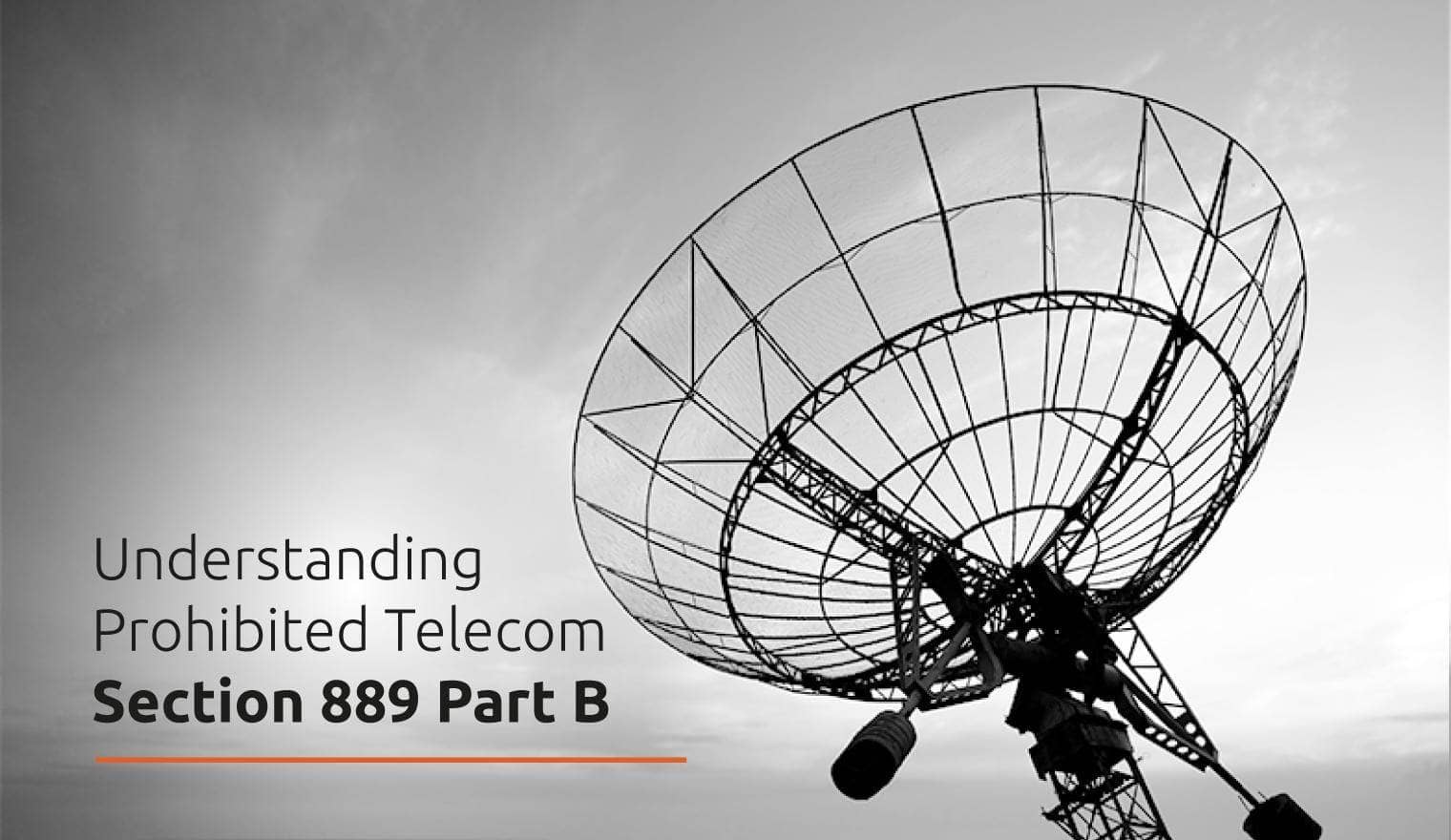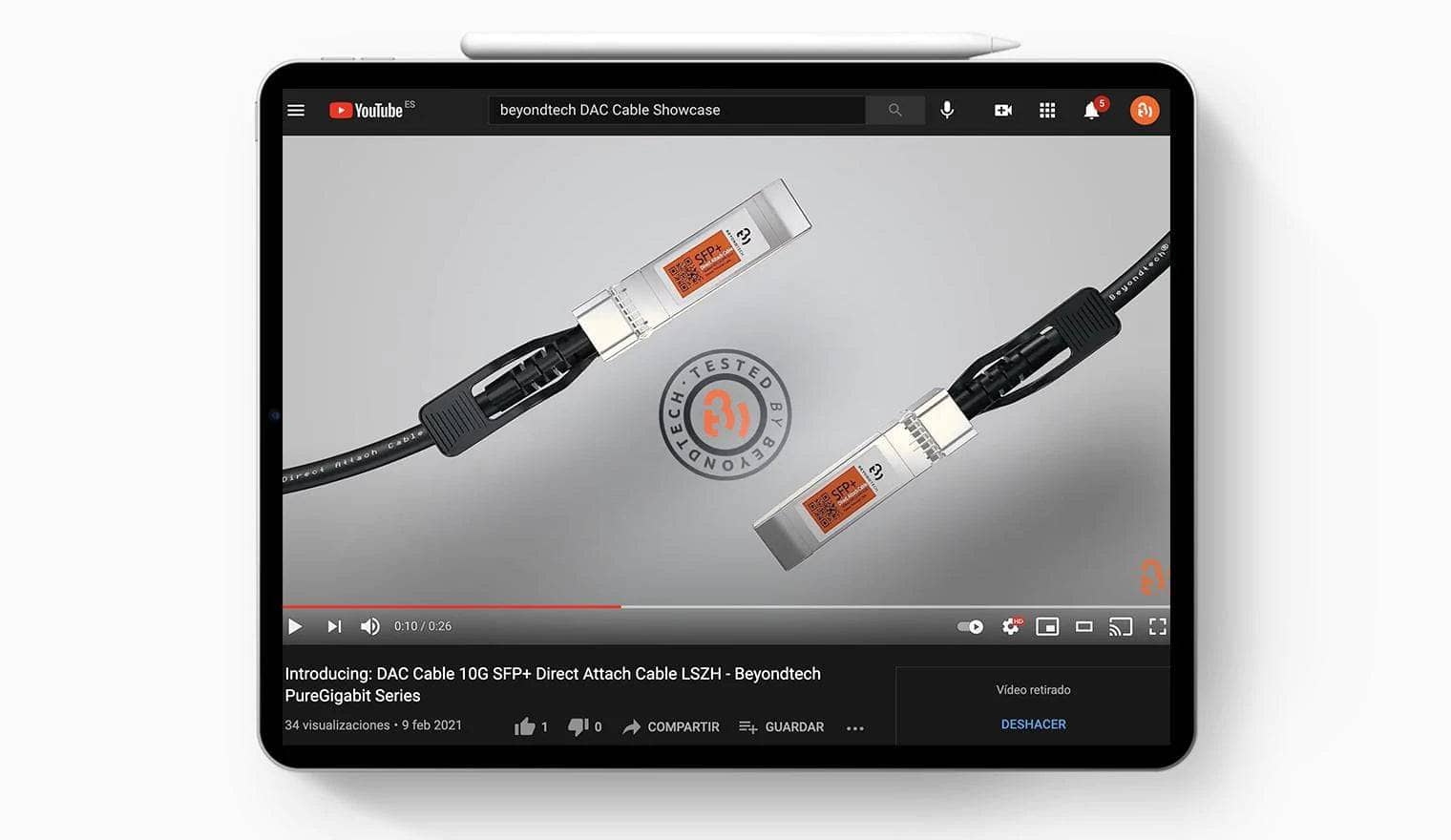FC to LC Adapter: Beyondtech's Fiber Optic Adapters: Why?
FC to LC Adapter: Beyondtech’s Own Fiber Optic Adapters: Why?
Fiber optic couplers are components that have been unfairly overlooked in telecom since they play an essential role in the operation of optical networks. These elements basically enable the coupling of light from one or several input fibers to one or several output fibers.
For that reason, fiber optic adapters, as they are also called, are pretty much omnipresent in fiber optic structures, since they allow a uniform distribution of power that typically depends on the wavelength and polarization of the cables involved in the connection.
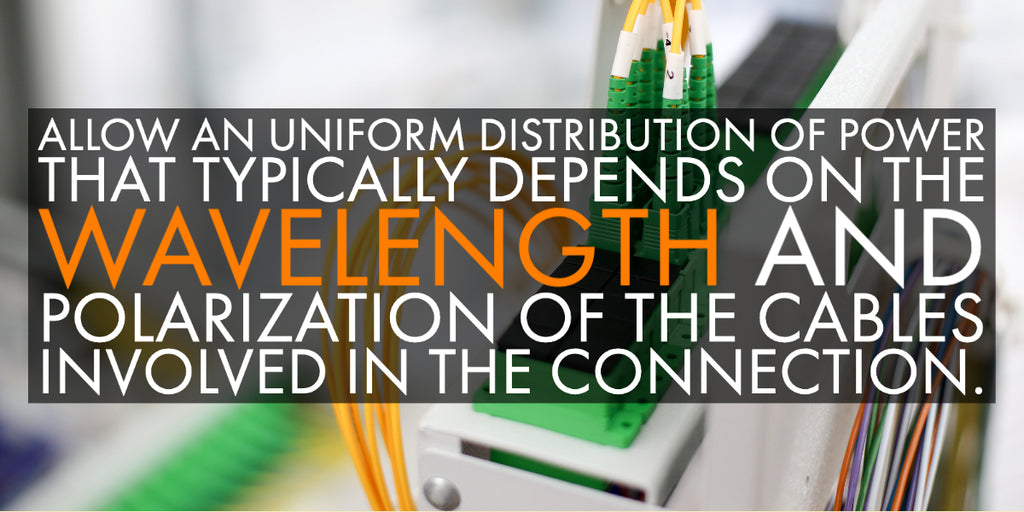
Another important feature of fiber optic couplers is represented by their signal attenuation. Compared to regular connectors or even splicers, the signal is more attenuated in fiber optic couplers, due to the fact that instead of the signal being directly transmitted, this one is divided throughout the output terminals.
Additionally, fiber optic couplers are usually directional couplers, meaning that once the optical signal is being sent into the input port, this cannot return to where it came from.
How Are Fiber Optic Couplers Made?
Fiber Optic Couplers are manufactured following the next procedures:
Typically known as Micro-optics, this process employs individual optical elements like microprisms and beam splitters to form some sort of an optical path. The input is then divided into two or even more individual light beams.
Another manufacturing procedure is often referred to as Tapering. In order for the fiber cores to come into direct contact, two or more fibers can be twisted, fused and then tapered with heat induction. This procedure is often considered the most basic of all.
The most sophisticated manufacturing method involves Planar waveguides. This process also incorporates elements like branching waveguides, that allow fibers to be coupled to the inputs and outputs.
A less common manufacturing procedure consists of using fiber-optic pump combiners and pump–signal combiners, that is typically applied to make multimode pump fibers.
What Do I Need To Know When Choosing A Fiber Optic Coupler?
The offer of Fiber optic couplers is fairly large, and the fact that several couplers look very similar is not helpful either. Long story short, customers can get naturally confused.
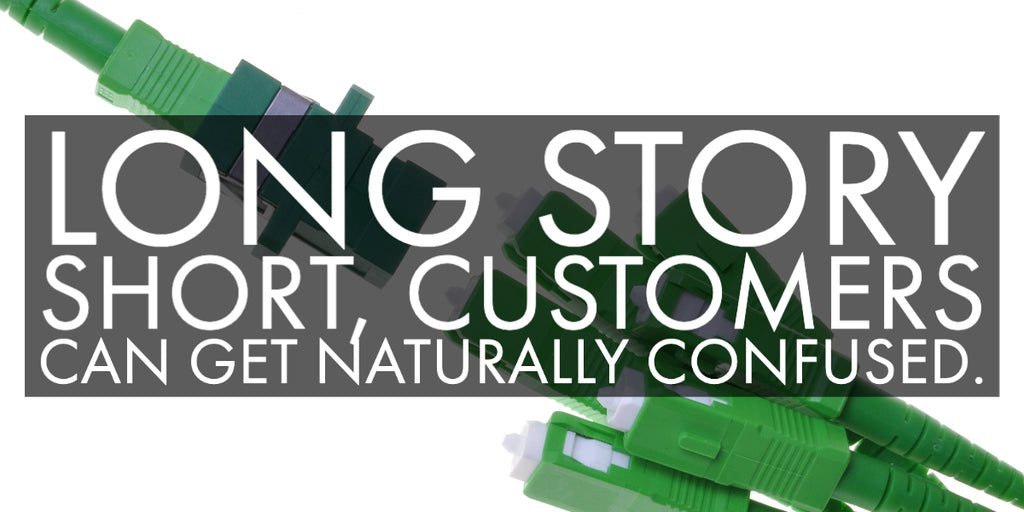
That being said, it is important that you have a very clear understanding of the coupler that you need before buying it. A mistake in the selection can result in a significant reduction or, even more, an abrupt interruption in the performance of that system you are using the coupler for.
On one hand, in case the two cables you are attempting to couple follow the same shape, you can use couplers with any type of input -squared, rectangular and rounded. The plugging of these cables is pretty straightforward since these adapters consist of two or more female connections.
And on the other, if those cables you want to connect do not have the same shape, then you need to use hybrid adapters, which have been made precisely to put together any types of fiber optic cables. However, you need to be clear as to what type of cables you aspire to connect before buying any of these hybrid adapters.
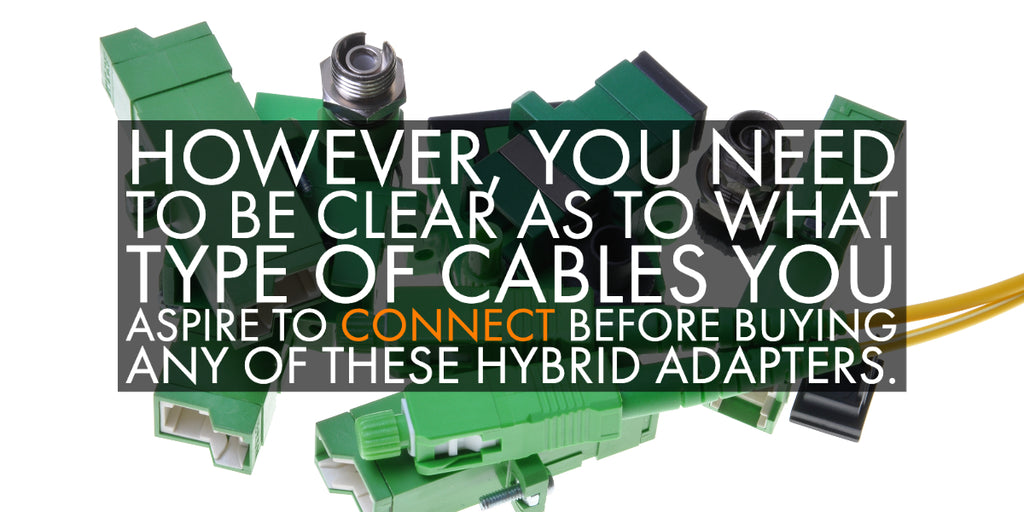
What Are Fiber Optic Couplers’ Limitations?
Even when using fiber optic couplers can actually offer many benefits, there are some limitations that you need to consider depending on the specific scenario of their usage.
Losses:
Connecting two or more single-mode fibers can lead to a significant loss, due to the fact that single-mode only supports a certain polarization direction for a given wavelength. In contrast, if the optical phases have been properly adjusted and stabilized, that loss can be drastically reduced. This constitutes a very rare case, though.
If the cables do not have the same input wavelength, this limitation is generally absent. When couplers join inputs of different wavelengths, they manage to do so without considerable losses.
There is another case that offers almost no power loss: when couplers are combining multimode fiber. The only disadvantage of having this type of connection is represented by a small loss of brightness.
Bandwidth:
When it comes to bandwidth, the majority of couplers can only function over a limited range of wavelengths. This is explained by the dependence of wavelength of the coupling operating strength. Couplers have been basically designed and manufactured to operate on a determined length that ranges in a scale of nanometers.
Beyondtech’s Own Fiber Optic Adapter
At Beyondtech, we are very proud and pleased to announce our own Fiber Optic Coupler LC to FC Simplex UPC Single Mode, which is also compatible with 2.5mm equipment. Our coupler has been specially designed to provide precise simplex fiber optic cable to cable connection or patch cords (9/125) to equipment connection, with better quality and materials that the market has available now.
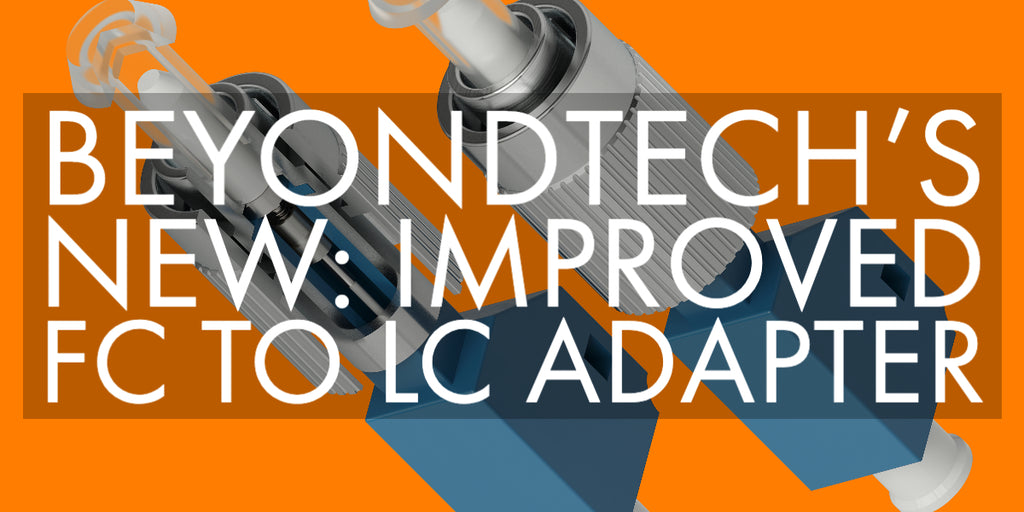
Our fiber optic couplers are suitable for Fiber Patch Panel Adapters, meaning that you can use them in any type of enclosure with rectangular cutouts, and they are compliant with IEC 61754-4, IEC 60784-14 and TIA 604-3 and conform to RoHS standards.
Beyondtech’s fiber optic couplers are lightweight due to their plastic bodies. Mating sleeves are made of ceramic, which provides low loss and high signal integrity. As well as connectors, they are very easy to identify by their blue color.
You can use Beyondtech’s fiber optic adapter in a plethora of applications: in Local Area Networks (LANs), Storage Area Networks (SANs), Wide Area Networks (WAN), Metropolitan Area Networks (MAN), data centers, security premises, FTTH, FTTP, FTTA, high EMI, and commercial ones.
// <![CDATA[ (function () { var scriptURL = 'https://sdks.shopifycdn.com/buy-button/latest/buy-button-storefront.min.js'; if (window.ShopifyBuy) { if (window.ShopifyBuy.UI) { ShopifyBuyInit(); } else { loadScript(); } } else { loadScript(); } function loadScript() { var script = document.createElement('script'); script.async = true; script.src = scriptURL; (document.getElementsByTagName('head')[0] || document.getElementsByTagName('body')[0]).appendChild(script); script.onload = ShopifyBuyInit; } function ShopifyBuyInit() { var client = ShopifyBuy.buildClient({ domain: 'beyondtech-store.myshopify.com', storefrontAccessToken: '5856eb291843eb6ce4c8c89dfb8ee67f', }); ShopifyBuy.UI.onReady(client).then(function (ui) { ui.createComponent('product', { id: '4184729223231', node: document.getElementById('product-component-1591191066985'), moneyFormat: '%24%7B%7Bamount%7D%7D', options: { "product": { "styles": { "product": { "@media (min-width: 601px)": { "max-width": "calc(25% - 20px)", "margin-left": "20px", "margin-bottom": "50px" } }, "title": { "font-family": "Roboto, sans-serif", "font-weight": "normal" }, "button": { "font-family": "Roboto, sans-serif", ":hover": { "background-color": "#c85900" }, "background-color": "#de6300", ":focus": { "background-color": "#c85900" } }, "price": { "font-family": "Roboto, sans-serif" }, "compareAt": { "font-family": "Roboto, sans-serif" }, "unitPrice": { "font-family": "Roboto, sans-serif" } }, "buttonDestination": "modal", "contents": { "options": false }, "width": "380px", "text": { "button": "VFL Adapter / FC to LC Fiber Adapter" }, "googleFonts": [ "Roboto" ] }, "productSet": { "styles": { "products": { "@media (min-width: 601px)": { "margin-left": "-20px" } } } }, "modalProduct": { "contents": { "img": false, "imgWithCarousel": true, "button": false, "buttonWithQuantity": true }, "styles": { "product": { "@media (min-width: 601px)": { "max-width": "100%", "margin-left": "0px", "margin-bottom": "0px" } }, "button": { "font-family": "Roboto, sans-serif", ":hover": { "background-color": "#c85900" }, "background-color": "#de6300", ":focus": { "background-color": "#c85900" } } }, "googleFonts": [ "Roboto" ], "text": { "button": "Add to cart" } }, "cart": { "styles": { "button": { "font-family": "Roboto, sans-serif", ":hover": { "background-color": "#c85900" }, "background-color": "#de6300", ":focus": { "background-color": "#c85900" } } }, "text": { "total": "Subtotal", "button": "Checkout" }, "googleFonts": [ "Roboto" ] }, "toggle": { "styles": { "toggle": { "font-family": "Roboto, sans-serif", "background-color": "#de6300", ":hover": { "background-color": "#c85900" }, ":focus": { "background-color": "#c85900" } } }, "googleFonts": [ "Roboto" ] } }, }); }); } })(); // ]]>
Beyondtech’s fiber optic adapters have incorporated mounting clips that provide an easy snap-in installation. They also feature fiber dust caps, which protect them from debris and keep them clean.
Each one of Beyondtech’s fiber-optic couplers has been rigorously and strictly tested and certified under Beyondtech fiber optic extender/couplers inspection processes to guarantee reduced and accurate optical insertion losses.
At Beyondtech, we are confident that with the inclusion of our new Fiber Optic Coupler the FC to LC Adapter in our portfolio of products, we will be strengthening our prestigious reputation as a reliable designer, manufacturer, and distributor of Fiber Optics solutions.
You can find our product in Amazon too... More than 100 5 Star Reviews can't be wrong.

